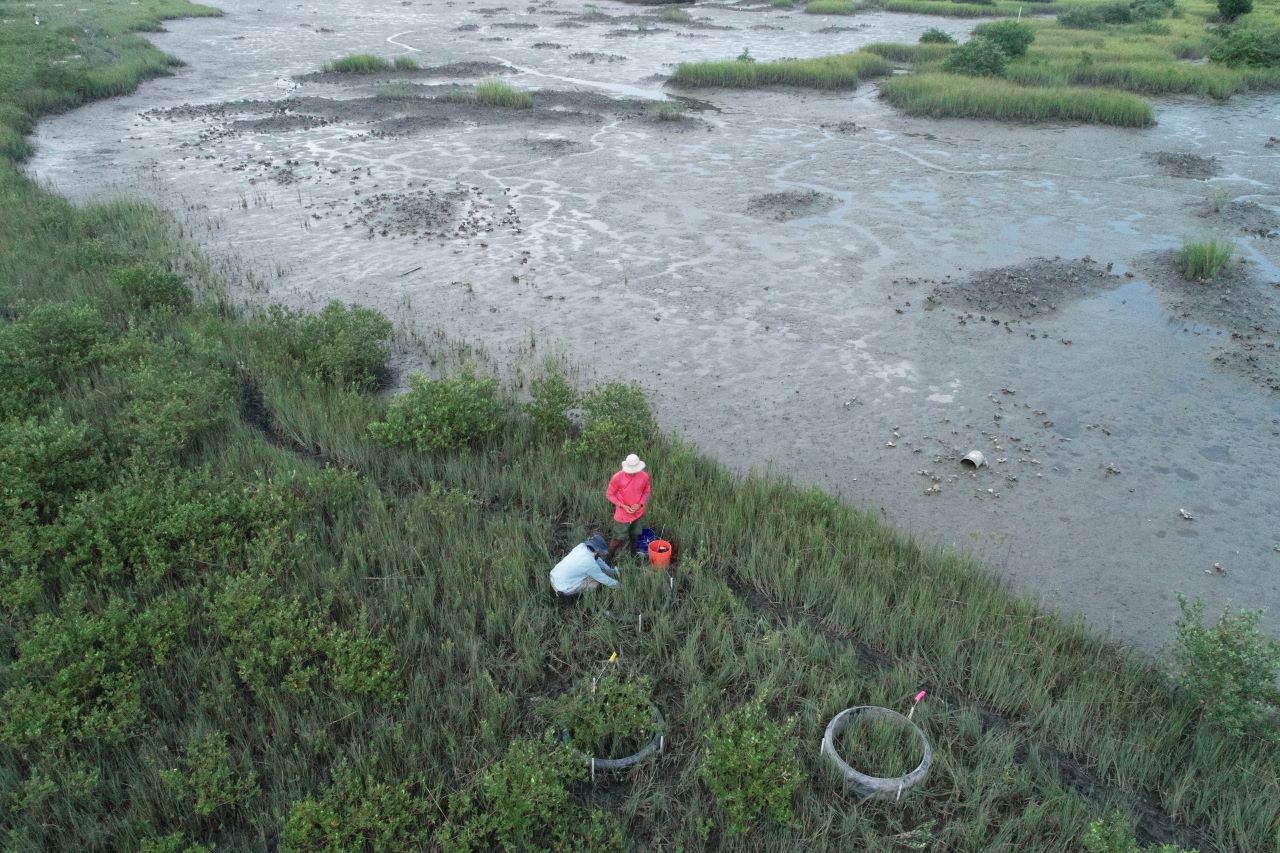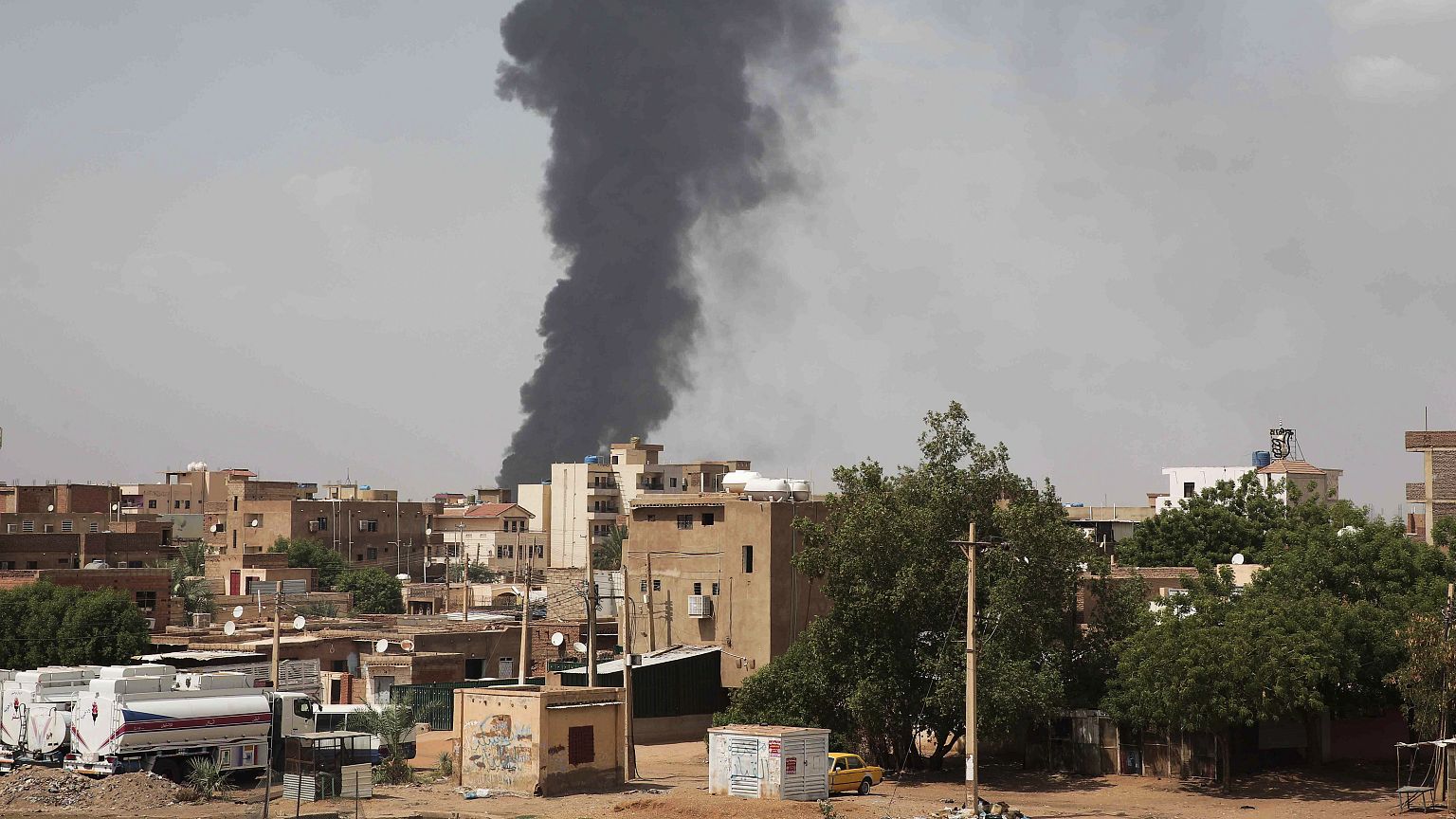
Energy Justice Groups Sue FEMA and HUD for Withholding Public Records

WASHINGTON— Energy justice, consumer, and environmental groups have filed a lawsuit against the Federal Emergency Management Agency (FEMA) and the Department of Housing and Urban Development (HUD) for withholding public records and failing to outline plans to use resilient renewable energy to rebuild communities affected by the climate emergency.
The groups have also formally petitioned the agencies to create new regulations that redirect taxpayer dollars from fossil fuels towards distributed renewable energy recovery and mitigation projects. FEMA spent over $14 billion last year in states across the country that were hit by weather-related disasters exacerbated by burning oil, gas, and coal.
Lawsuit Against HUD
The lawsuit against HUD alleges that the agency violated the Freedom of Information Act by withholding public records that detail its spending on energy-related projects and assistance for post-disaster community rebuilding. These records should reveal the amount of money HUD spends on fossil-fuel related projects compared to sustainable renewable energy alternatives.
Lawsuit Against FEMA
The lawsuit against FEMA claims that the agency has ignored a 2018 congressional requirement to define the term “resiliency,” which could determine the amount of environmental justice communities receive in federal disaster funding. FEMA’s definition of resiliency would indicate whether the agency is focused on ensuring communities can withstand and address the climate emergency.
Importance of Sustainable Energy Alternatives
Ruth Santiago, an attorney for Comite Dialogo Ambiental, a community environmental group in Puerto Rico, emphasized the need for FEMA and HUD to direct public funds towards resilient energy alternatives such as rooftop or onsite solar and storage. These alternatives can provide energy security, justice, equity, and promote community empowerment.
Roishetta Ozane, director of the Vessel Project of Louisiana, stated that FEMA and HUD are failing communities affected by climate disasters by spending billions on fossil fuel projects. Instead of addressing the problem directly, they are entrenching a fragile, fossil-fueled power system that puts lives at risk during disasters. Ozane called for FEMA and HUD to prioritize energy justice and build a renewable future.
Alicé Nascimento, campaigns director at New York Communities for Change, highlighted the negative impact of FEMA’s spending on fossil fuel projects on low-income communities living in flood zones. These communities have experienced the destructive effects of climate change and deserve a safe and resilient future. Nascimento urged FEMA to invest in a fossil-free future where clean air, water, and healthy homes are accessible to all.
Petitions for Rulemaking
In addition to the lawsuits, the groups have submitted separate petitions to FEMA and HUD, requesting rules that steer these agencies towards resilient renewable energy and away from fossil fuels. The proposed rules would prioritize efficiency, demand reductions, zero-carbon technologies like rooftop solar and storage, and electric options for home heating and cooking instead of fossil gas.
SDGs, Targets, and Indicators Relevant to the Issues Discussed in the Article
1. Which SDGs are addressed or connected to the issues highlighted in the article?
- SDG 7: Affordable and Clean Energy
- SDG 11: Sustainable Cities and Communities
- SDG 13: Climate Action
2. What specific targets under those SDGs can be identified based on the article’s content?
- SDG 7.2: Increase substantially the share of renewable energy in the global energy mix.
- SDG 11.5: By 2030, significantly reduce the number of deaths and the number of people affected and substantially decrease the direct economic losses relative to global gross domestic product caused by disasters.
- SDG 13.2: Integrate climate change measures into national policies, strategies, and planning.
3. Are there any indicators mentioned or implied in the article that can be used to measure progress towards the identified targets?
- Indicator for SDG 7.2: Proportion of total final energy consumption from renewable sources.
- Indicator for SDG 11.5: Number of deaths, missing persons, and directly affected persons attributed to disasters per 100,000 population.
- Indicator for SDG 13.2: Number of countries that have integrated mitigation, adaptation, impact reduction, and early warning measures into their development planning and budgeting.
Table: SDGs, Targets, and Indicators
| SDGs | Targets | Indicators |
|---|---|---|
| SDG 7: Affordable and Clean Energy | Increase substantially the share of renewable energy in the global energy mix. | Proportion of total final energy consumption from renewable sources. |
| SDG 11: Sustainable Cities and Communities | By 2030, significantly reduce the number of deaths and the number of people affected and substantially decrease the direct economic losses relative to global gross domestic product caused by disasters. | Number of deaths, missing persons, and directly affected persons attributed to disasters per 100,000 population. |
| SDG 13: Climate Action | Integrate climate change measures into national policies, strategies, and planning. | Number of countries that have integrated mitigation, adaptation, impact reduction, and early warning measures into their development planning and budgeting. |
Copyright: Dive into this article, curated with care by SDG Investors Inc. Our advanced AI technology searches through vast amounts of data to spotlight how we are all moving forward with the Sustainable Development Goals. While we own the rights to this content, we invite you to share it to help spread knowledge and spark action on the SDGs.
Fuente: biologicaldiversity.org

Join us, as fellow seekers of change, on a transformative journey at https://sdgtalks.ai/welcome, where you can become a member and actively contribute to shaping a brighter future.






